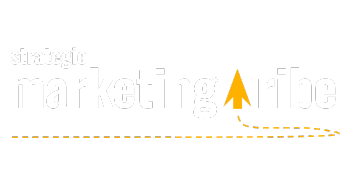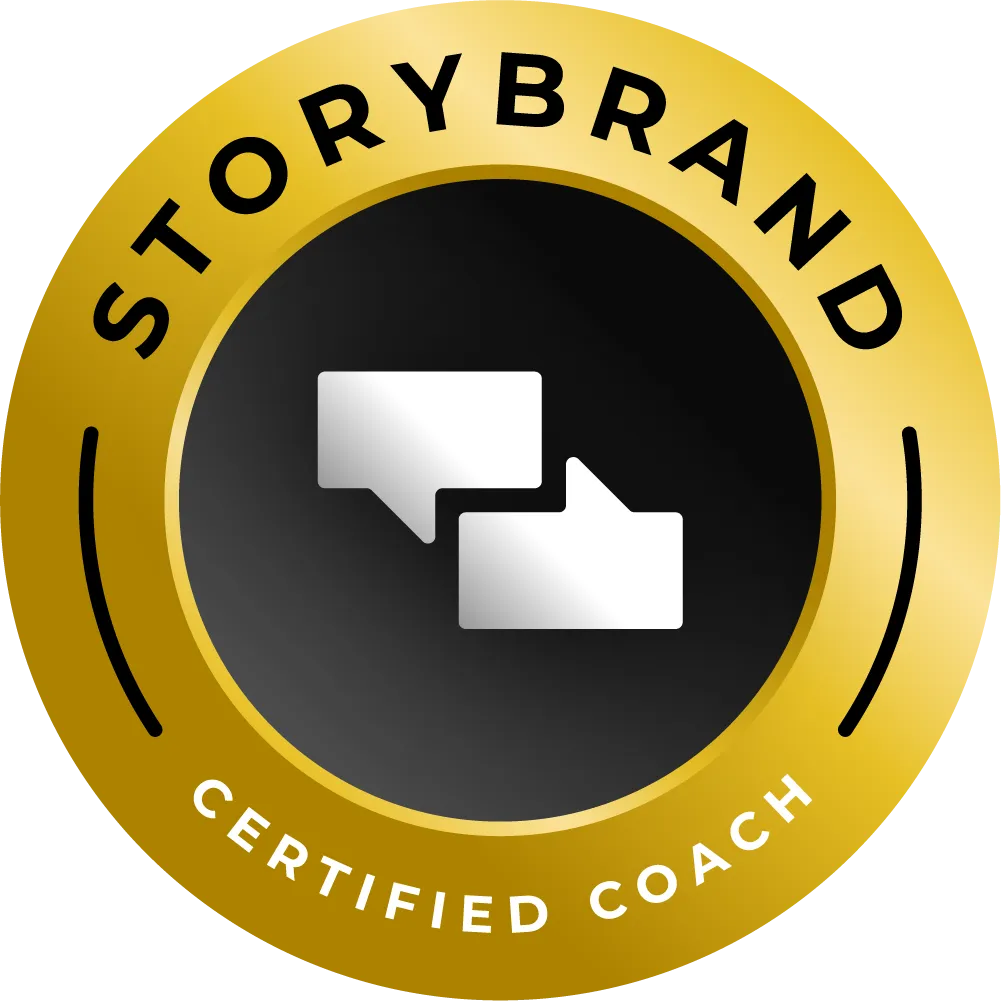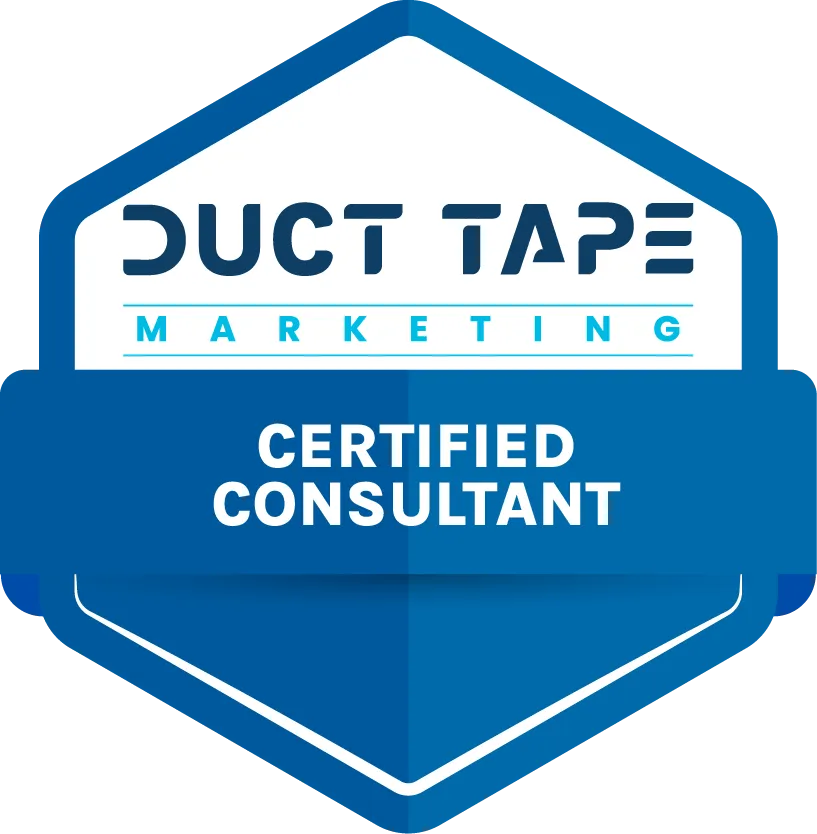NEWS, MEET STRATEGY
Real news, real insights – for small businesses who want to understand what’s happening and why it matters.
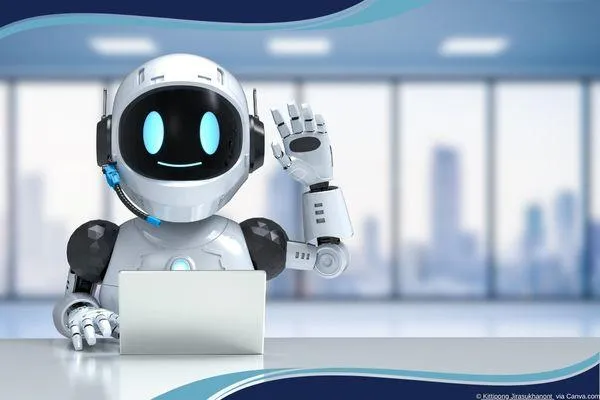
Is Generative AI Worthless? Maybe That’s a Good Thing
By Vicky Sidler | Published 25 October 2025 at 12:00 GMT+2
Picture this. You’ve just paid for a shiny new AI tool to write blogs, generate leads, and make coffee (okay, not that last one). But after a few weeks, you’re still manually tweaking every sentence, deleting junk outputs, and wondering if the thing just hallucinated an entire paragraph about unicorns in accounting.
You’re not alone.
According to an article in The Conversation, generative AI might not deliver the world-changing productivity gains we were promised. And while that sounds like bad news, it might be the most small-business-friendly thing to happen in tech this year.
TL;DR:
AI companies might never turn a profit
Most tools are useful but not valuable
Copyright lawsuits are stacking up fast
Free and open-source models are getting better
Small businesses may benefit from a slowdown
👉 Need help getting your message right? Download the 5-Minute Marketing Fix
Table of Contents:
Is Generative AI Worthless? Maybe That’s a Good Thing
The $800 Billion Question No One Wants to Answer:
If AI Tools Fail to Monetize, That Could Be Great for You:
The Empire May Be Made of Sand:
Don’t Wait for AI to Save You. Build a Brand That Makes Sense Now:
2. AI Investment Gap Hits $600B—Here's What That Means for You
3. AI Business Advice: Why It Helps Some Owners but Hurts Others
4. AI Search Distrust Grows—What Small Brands Should Do
5. Humans Beat AI at Adapting—Here's Why That Matters for Your Business
FAQs on Generative AI’s Real Value
1. Is generative AI really becoming worthless?
2. Why is generative AI so expensive to run?
3. What does this mean for small business owners?
4. Why are AI companies facing so many lawsuits?
5. What’s the difference between commercial and open-source AI models?
6. Should I still use AI in my marketing?
The $800 Billion Question No One Wants to Answer:
Let’s start with the awkward bit. Big AI firms are projecting a shortfall of nearly $800 billion in revenue. That’s not a typo. That’s billion with a B.
Most of today’s generative AI tools are free or cheap to use, but they cost a fortune to run. OpenAI’s CEO, Sam Altman, once joked that every “please” or “thank you” typed into ChatGPT racks up millions in server costs. Cute joke, but investors aren’t laughing.
Even the paid versions of these tools reportedly lose money because each prompt needs serious computing power. So far, AI has helped programmers write faster and copywriters write weirder. But it’s not exactly the second coming of the industrial revolution.
If AI Tools Fail to Monetize, That Could Be Great for You:
Here’s where it gets interesting. Many AI startups are doing the old tech trick: give away the service now, figure out how to make money later. That worked when Facebook could sell ads for cat photos. It’s trickier when your service needs a supercomputer and a legal team just to run.
And speaking of legal teams, here come the lawsuits. AI models have been trained on everything from copyrighted books to internet rants. One startup tried to pay authors $3,000 per book to use their work. The court laughed them out of the room.
What does this mean for you? Simple. If commercial AI stalls out, you still win. Why? Because free and open-source tools (like Meta’s Llama model) are already decent. They’re not as powerful as the paid versions, but they’re good enough for most small business tasks.
The Empire May Be Made of Sand:
The hype bubble is looking wobbly. Open-source models are eating into paid services. Investors are starting to ask real questions. And the very thing that made genAI so exciting—its ability to learn from the internet—might be what legally wrecks it.
Think of it like this: If you built a business on water from everyone’s taps, and now you have to pay every neighbour retroactively, you’re in trouble.
In that world, small businesses like yours get access to useful tools without being sold a dream of world domination. You can use AI to write content, brainstorm ideas, and automate boring admin without betting the farm or losing your voice.
Don’t Wait for AI to Save You. Build a Brand That Makes Sense Now:
There’s nothing wrong with using AI tools. I use them too. But the gold rush is fading. What’s left will be the tools that help you work smarter, not the ones promising to do the job for you.
The smartest thing you can do now? Get your message straight. If your core message is clear, it doesn’t matter whether your ad was written by a human, a machine, or someone stuck in traffic voice-noting ideas to themselves.
Use the 5-Minute Marketing Fix to write one sentence that builds trust across every platform.
It’s free. It works. And it’s still 100% hallucination-free.
Related Articles:
1. Generative AI is stalling on cost, trust, and results. Here's what small business owners need to know before jumping in
This article builds directly on the idea that AI might be “good enough” but not game-changing. It shows what’s actually happening when small business owners try to scale AI—and why so many pilots fall flat.
2. AI Investment Gap Hits $600B—Here's What That Means for You
If you're wondering how we got to an $800 billion shortfall, this article connects the dots. It dives into the numbers and shows why the AI business model might not hold up.
3. AI Business Advice: Why It Helps Some Owners but Hurts Others
AI isn’t one-size-fits-all. This post breaks down Harvard research showing that AI tools often help strong businesses but can backfire for struggling ones. Not all tools are built for where you're at.
4. AI Search Distrust Grows—What Small Brands Should Do
More than half of consumers say they don’t trust AI-powered search results. This piece explains why—and what that means for small brands trying to be found online.
5. Humans Beat AI at Adapting—Here's Why That Matters for Your Business
If you’re still on the fence about AI, this one’s for you. It explains why humans still win at problem-solving, and why your flexibility as a small business owner is your biggest asset.
FAQs on Generative AI’s Real Value
1. Is generative AI really becoming worthless?
Not exactly worthless—but it’s proving far less profitable than expected. Many AI companies are spending billions more than they’re making, while small business users find the tools helpful for small tasks, not full-scale transformation.
2. Why is generative AI so expensive to run?
Every AI query uses enormous computing power, cloud storage, and energy. That means each “chat” or image generated costs companies real money. Even paid subscriptions often don’t cover the true costs of running these systems.
3. What does this mean for small business owners?
It means the AI tools you already use could become cheaper or even free. As large companies struggle to profit, open-source alternatives are emerging that are good enough for daily marketing, writing, or admin tasks.
4. Why are AI companies facing so many lawsuits?
Most generative AI models were trained on copyrighted material—books, articles, art, and social media posts—without permission. Creators are suing for compensation, and the settlements could cost billions, making these systems even less sustainable.
5. What’s the difference between commercial and open-source AI models?
Commercial AI models like ChatGPT and Gemini are owned and controlled by companies that charge for access. Open-source models, like Meta’s Llama, are released freely to the public. They might not be as polished, but they’re getting stronger fast and cost little to nothing to use.
6. Should I still use AI in my marketing?
Yes—but strategically. Use AI to brainstorm, write drafts, or organise ideas, not to replace your brand voice or personal connection. The real value comes when you blend automation with authenticity.
7. Could AI’s decline actually help small businesses?
Absolutely. If big tech’s AI bubble bursts, small businesses could gain affordable access to tools without being priced out or buried in hype. A reset could make AI simpler, more transparent, and more useful.
8. How can I keep my brand message clear while using AI?
Start by writing one powerful sentence that defines what you do and why it matters. Once your message is clear, tools like AI become helpers, not hazards. 👉 Download the5-Minute Marketing Fix to write your one-liner in minutes.
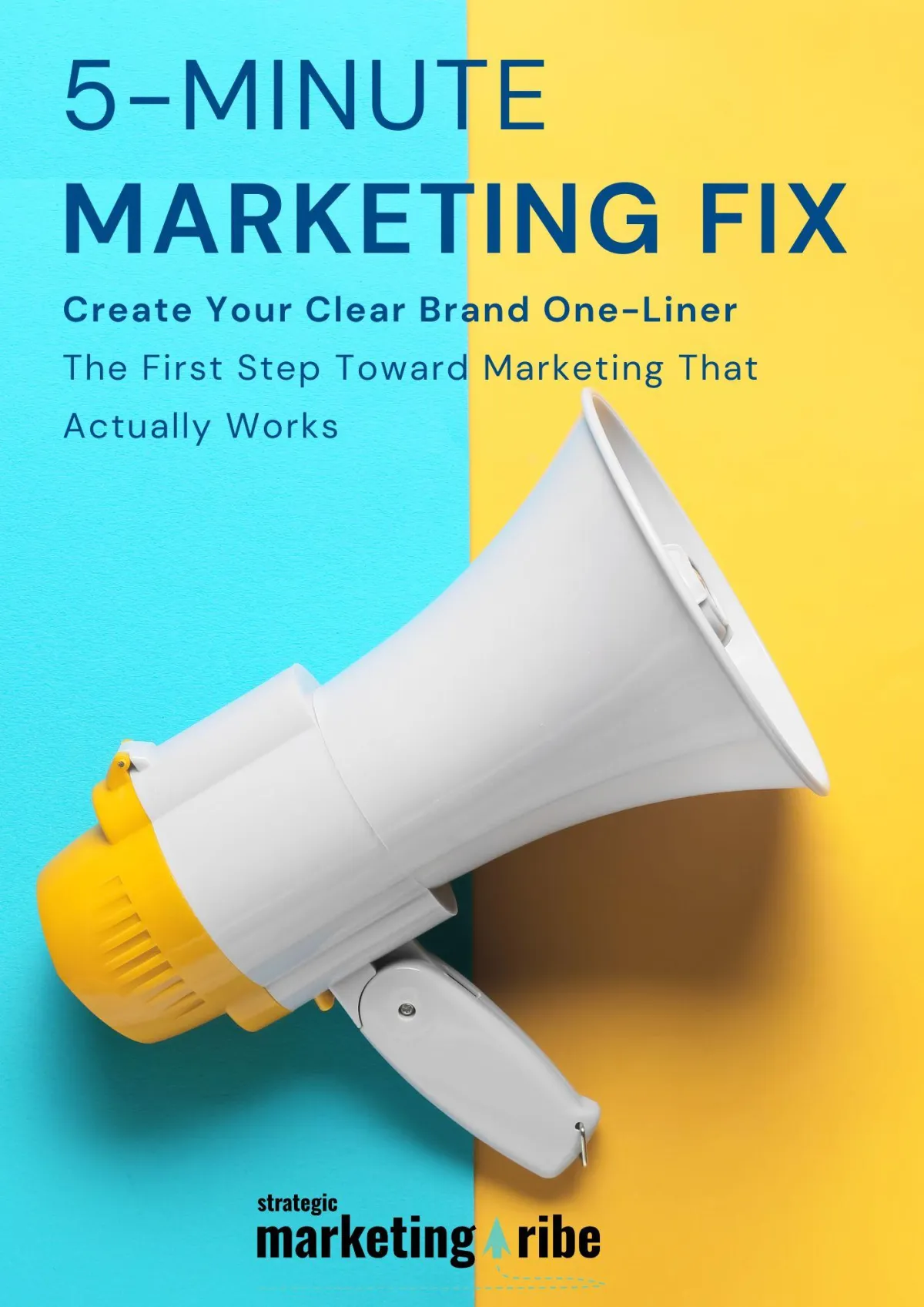
Created with clarity (and coffee)



